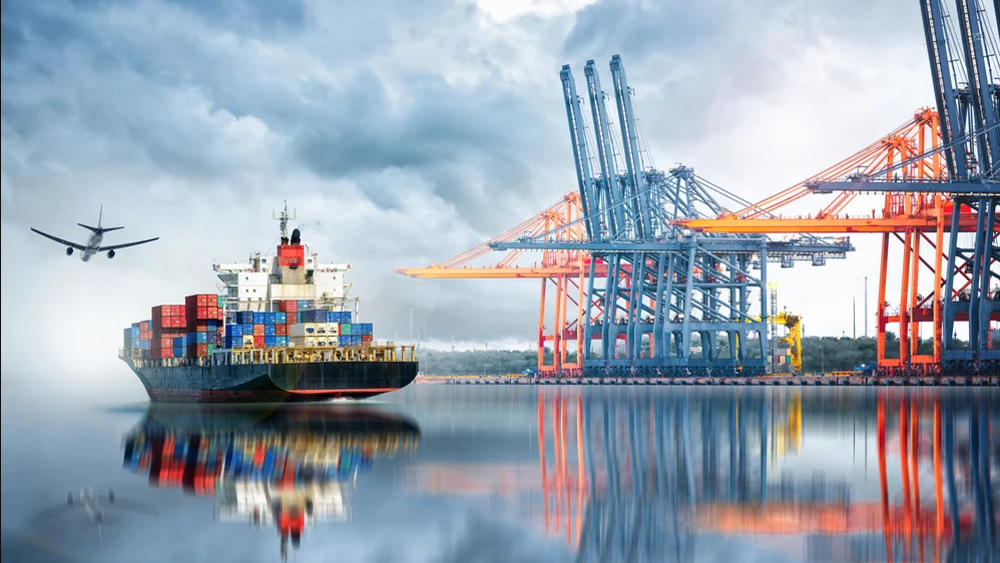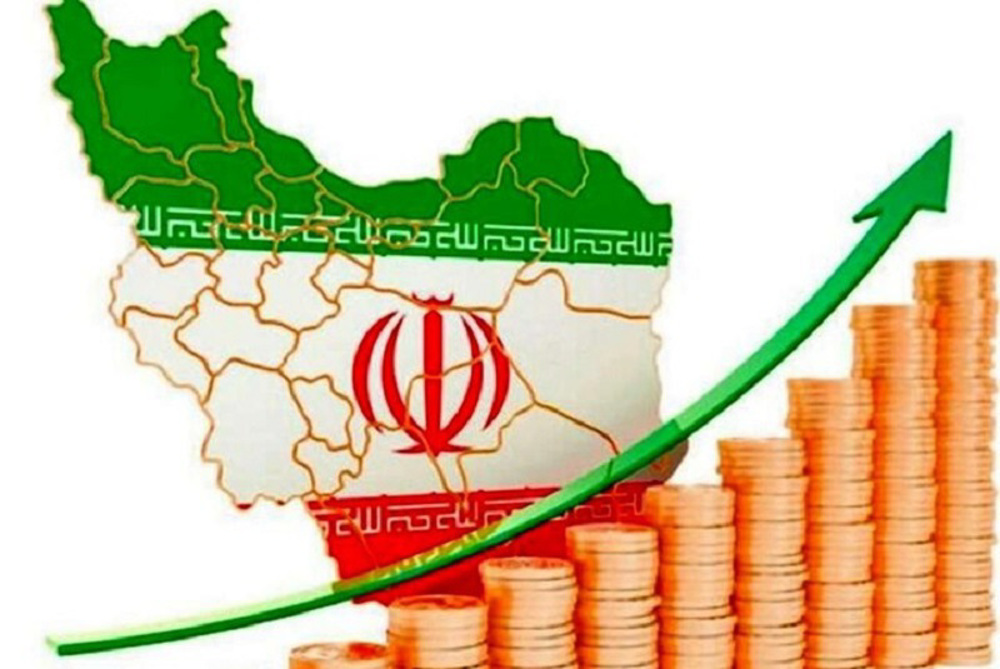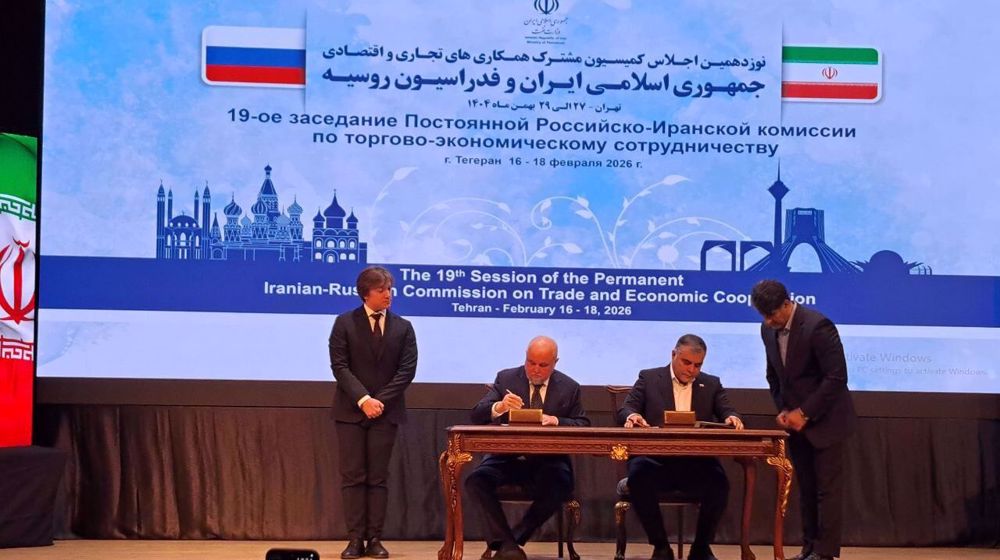Immunity of Iran’s shipping industry to illegal sanctions
Iran’s national maritime carrier has come under intensified sanctions over the past two decades, but the coercive measures have not only failed to stop the group, but seen it set unprecedented records in cargo transportation and other disciplines.
Last week, the European Union said it had added the Islamic Republic of Iran Shipping Lines (IRISL) to its sanctions list, accusing the group of using its vessels and ports to transport drone, missiles and related technologies and components to Russia which is in war with Ukraine.
Moving in lockstep the same day, Britain imposed sanctions against Iran's national airline and shipping carrier, saying the entities would face an asset freeze for the same reason alleged by the EU.
Iran summons British envoy over shipping sanctionshttps://t.co/f6myLRbXTf
— Press TV 🔻 (@PressTV) November 20, 2024
The IRISL Group has been under various sanctions by the US and the United Nations that reached their peak in 2005, 2008, 2010 and 2020, but could never stop the company from operating.
IRISL has been in choppy waters since the 1980s when Iran’s ports and terminals as well as fleet of tankers and bulk carriers were the target of relentless Iraqi strikes under former dictator Saddam Hussein.
Those years saw the IRISL Group earn the title of the country's second line of defense, fulfilling tasks with efficacy against all odds and providing the most essential and strategic goods during the most fraught days of the war.
It also weathered a series of withering sanctions which reached their peak during president Donald Trump’s first term, marked by the milestone of 29 million tonnes of haulage a year which the group hit for the first time in its 57-year history, indicating how the restrictions had strengthened the company.
Under the yoke of sanctions, the group has also put Iranian sailors at the helm by training specialized and professional personnel. As a result, no foreign personnel is in charge of the fleet and all operations are carried out by relying on domestic workforce.
In May 2020, IRISL showed its grit as its tankers ran the gauntlet of US warships arrayed off the Venezuelan coast to ship much-needed gasoline and oil derivatives to the South American country.
The United States had closely monitored the shipments, concerned that Iran and Venezuela - both under US sanctions - were taking their longstanding ties to a new strategic level.
In September, chief commander of the Islamic Revolution Guards Corps (IRGC) Major General Hossein Salami recounted that when Iranian oil tankers headed to Venezuela, the Americans threatened to seize them, following which Iran relayed the simulated seizure of an American oil tanker.
“When the Americans saw it, our tankers reached their destination safely," Salami said in Tehran.
IRISL has also made big leaps in equipment and infrastructure development under sanctions. It was ranked 14th in Alphaliner’s list of the world’s top 100 shipping lines published on January 2022, accounting for 0.6% of the container carrying capacity of 15,004 TEU in the world.
In 2021, a knowledge-based company succeeded in localizing the ship design for which Iran was dependent on South Korea and Germany before.
In September 2022, Venezuelan President Nicolas Maduro announced that Iran had delivered a third "advanced" supertanker built by the country's engineers to state-owned oil and natural gas company PDVSA.
According to IRISL head Mohammad Reza Modares Khiabani who was added among others to the EU sanctions list last week, the group currently has 150 vessels in operation.
To get a better understanding, the capacity of Iran's shipping fleet is even greater than those of three members of the Group of Seven industrialized countries, namely France, Italy and Canada.
One of the main goals in applying sanctions is to force the offending country to return to the path of compliance with international public order. This goal should only be achieved through legal means and with full compliance with international fundamental rights and regulations.
In sanctioning Iran, both the UN Security Council and the Western countries have in fact violated international law.
The embargo on IRISL, imposed first as per Resolution 1929 over Iran's nuclear program and later expanded by the US and Europeans, contravenes some principles of the United Nations Charter and international law.
As asserted by Iran’s Foreign Ministry spokesperson Esmaeil Baghaei, new EU and British sanctions are based on false claims of missile transfers to Russia and thus unjustified.
The measures contradict the norms of international law and violate international law, including the freedom of navigation and maritime trade.
VIDEO | Pakistan, Afghan Taliban trade accusations after border clash
VIDEO | Venezuela races against time to rebuild homes bombed by US
Ex-IAEA chief warns US of ‘horrific’ costs of war on Iran
India’s Modi visits occupied territories to deepen ties with Israel despite Gaza genocide
Araghchi says ‘fair and balanced’ deal within reach ahead of Geneva talks
VIDEO | Trump’s 2026 State of the Union speech bellicose, short on policy
Iran’s president sees 'good outlook' for nuclear talks with US
Peter Mandelson suspected of misconduct in public office as UK envoy to US










 This makes it easy to access the Press TV website
This makes it easy to access the Press TV website